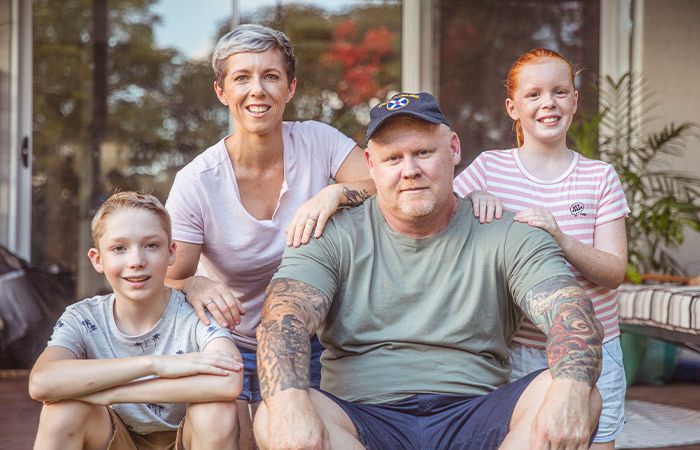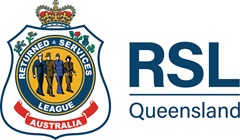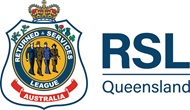
Just the ticket for veteran welfare
11 February 2020- Ideas & info
Despite what many people think, RSL Queensland gets no money from poker machines or liquor sales. So how does it fund the many services it provides to veterans?
You may have seen ads for the beautiful homes that can be won by buying tickets in the RSL Art Union. But – beyond dreaming of what you might do if you won that stunning beachside apartment – have you ever considered what your ticket purchase is funding?
“The concept of a ‘social enterprise’ – a commercial operation that funds a charitable purpose – has become very popular in recent years with the advent of companies like Thank You and Orange Sky,” RSL Queensland CEO Melanie Wilson says. “But we were a social enterprise long before there was even a term for it – since 1956, in fact.
“The Art Union is an integral part of RSL Queensland. About 95 per cent of our funds are generated directly through the lottery program, which enables the vital welfare and wellbeing programs that RSL Queensland provides.
“The remainder of our funds come from investments and a small number of government grants.”
A jackpot for ticket buyers and veterans alike
The RSL Art Union is Australia’s largest and most successful prize home lottery. Each year, the Art Union runs 10 multimillion dollar draws featuring gorgeous beach houses, urban apartments, house and gold bullion packages, and even a modern apartment block, complete with luxury penthouse.
“There’s always a little thrill when we speak to the winner and let them know their life has been changed. But it’s a greater thrill to know that we are changing the lives of veterans with each ticket sold,” says Melanie.
Funding a better future for veterans in Queensland

The funds raised through the Art Union enable RSL Queensland to deliver a comprehensive range of services to help veterans and their families, including scholarships, employment assistance, homelessness support and a number of complementary therapies.
“RSL Queensland delivers practical assistance and support for a range of issues through our many programs, but where we can really make a difference is through our case management approach. When we are approached by a veteran, we work with them to identify which of our services will best improve their quality of life.
“So while they may contact us for help with a DVA claim, we might be able to help them with other areas of their life – providing a scholarship for their partner to upskill or helping them find suitable employment, for example.
“We’ve invested heavily in programs to strengthen the mental and physical resilience of our serving troops through a partnership with 3 Brigade in Townsville.”
…and nationally
She says although all of RSL Queensland’s programs are available in Queensland, the organisation is also increasingly contributing to initiatives which have national scope.
“We provide $5 million annually to our sister organisation Mates4Mates, which provides support and rehabilitation services to veterans with physical or psychological injuries due to their service, and operates in several states,” Melanie says.
“We’ve also provided some financial assistance to interstate RSLs, allowing them to improve their infrastructure among other things.
“And a very exciting development for us this year is the national rollout of our employment program. This service has been developed and piloted here in Queensland and it's now available to veterans and their partners across Australia.”
Supported by robust research
“The program is underpinned by the initial findings of research into veteran transition and re-integration that is currently being undertaken by our research partner, Gallipoli Medical Research Foundation. When completed, we expect this study to provide tangible outcomes for the entire sector.”
She says this is the second major research initiative that RSL Queensland had partnered with GMRF to deliver. The first, the PTSD Initiative, provided ground-breaking results linking PTSD to several physical co-morbidities and resulted in the development of an online training module for GPs. So far, more than 800 allied health professionals have undertaken this training.
“We are only able to do this longitudinal research thanks to the success of the RSL Art Union, and it gives us the confidence of knowing our programs are targeting the areas of greatest need.”
Loading

